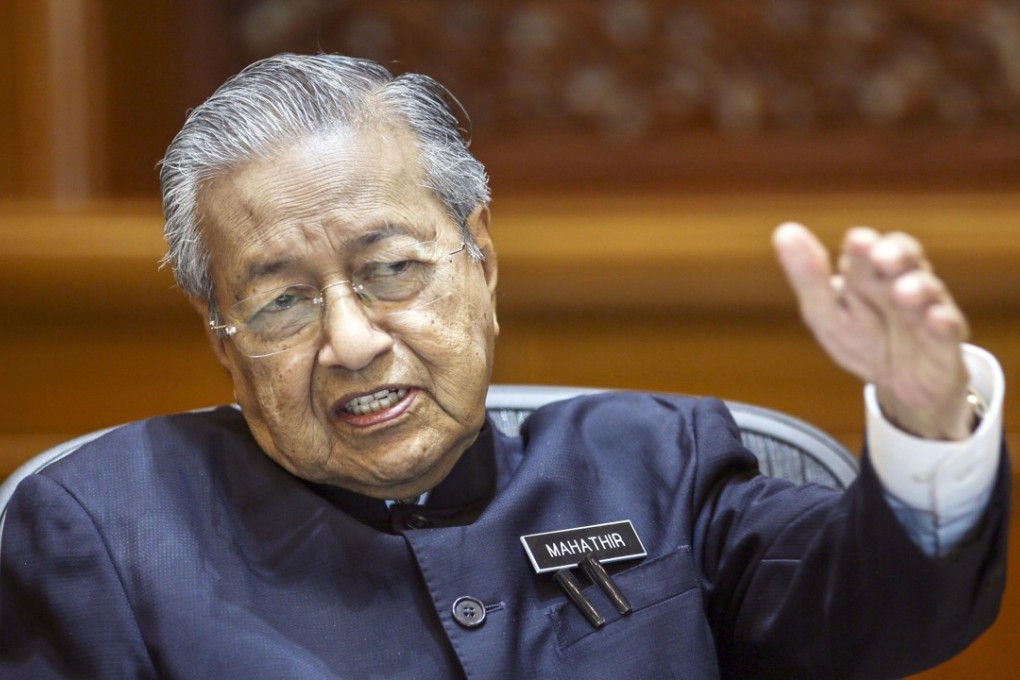China to take ‘humble’ tack to win over Malaysian Prime Minister Mahathir Mohamad
At a time of tense Sino-US relations, Beijing will roll out the red carpet for the Malaysian leader during his five-day stay

China will seek to stabilise ties with Malaysia, rolling out the red carpet for the Southeast Asian nation’s prime minister on Friday as Beijing tries to head off growing tensions with Washington.
Malaysian Prime Minister Mahathir Mohamad’s five-day trip will be the first state visit by a foreign leader since China’s leadership wrapped up their annual informal retreat in the northern seaside resort of Beidaihe, where a major topic of discussion was widely believed to be the ever-stretched relations between the world’s two biggest economies.
Beijing’s escalating trade and security conflicts with Washington and growing wariness in the West about China’s broader ambitions, have fuelled a heated debate in China over whether it needs to fine-tune its increasingly hawkish foreign policy.
Amid the rising friction and suspicions, China might feel it needed to take a more “humble” approach to gain the support of smaller neighbouring nations such as Malaysia, Chinese analysts said.
Mahathir will start his trip in Hangzhou, visiting technology companies and carmakers before heading to the capital on Sunday for a meeting with top Chinese leaders, including Premier Li Keqiang and President Xi Jinping.